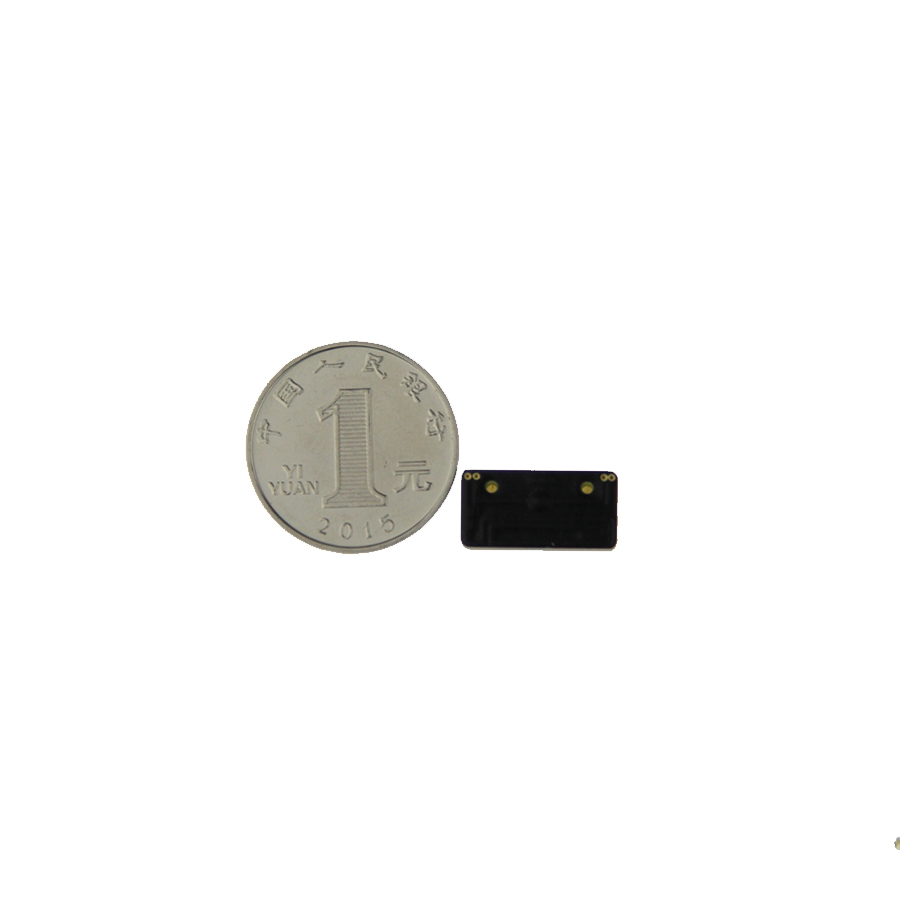This product applies the latest material science to the development of RFID asset management and logistics labels. Whether it is a metal carrier of steel cylinder type or a valuable archive asset of an enterprise, the TM series anti-metal tags are characterized by their moderate shape, high reading rate, and long recognition distance. Features fully meet the needs of practical applications. TM1809 adopts high-strength and wear-resistant labels, and the protection level can reach IP68. It can be fixed on pallets, metal trays, material boxes and other carriers in a variety of ways, and can be designed as an embedded model type, which can be integrated with the carrier to meet the harsh environment of petrochemical and logistics fields.
| Serial number | Name | Parameters |
| 1 | Product Application | |
| 2 | frequency | 920~925MHz (Compatible with American Standard) |
| 3 | Chip type | Alien H3 |
| 4 | Memory Configuration | EPC: 96bit; User: 512bit |
| 5 | Metal surface reading distance | Fixed (8dBi): readable up to 0.2 meters; |
| 6 | Label housing material | FR4 |
| 7 | Installation method | Superglue or double-sided tape installation |
| 8 | Long-term working temperature | -35 degrees to +85 degrees |
| 9 | Long-term storage temperature | -40 degrees to +85 degrees |
| 10 | IP level | IP68 |
| 11 | Size | 18×9×3.7mm |
| 12 | High and low temperature alternating test | Pass |
| 13 | Product options | chip EPC pre-writing;
surface paint; 3M 300LSE adhesive on the back |
